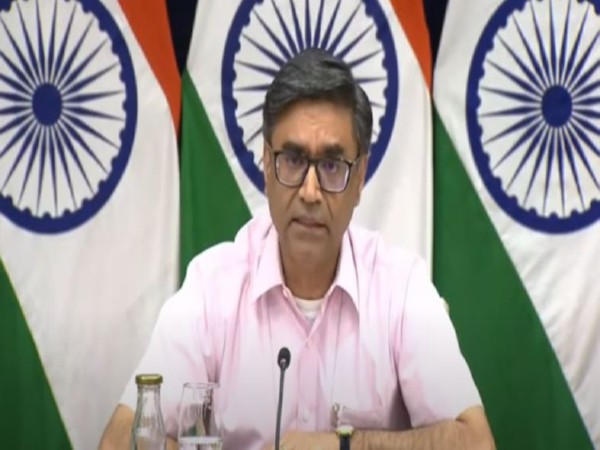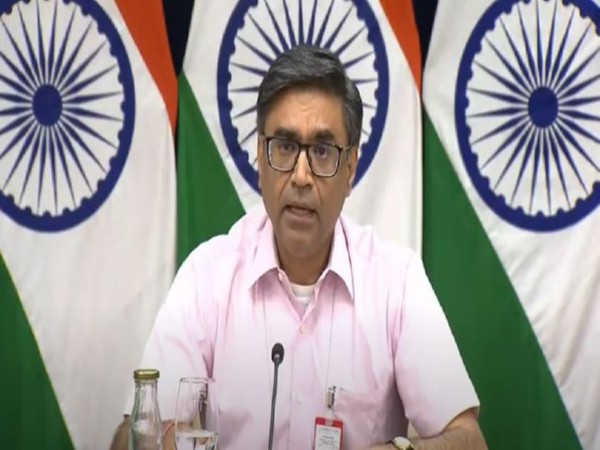Fourth wave of COVID-19 likely to hit Pakistan by July end
Jul 06, 2021

Islamabad [Pakistan], July 6 : Amid the worsening situation of COVID-19 in Pakistan, medical officials have warned about the fourth coronavirus wave which is likely to hit the country by late July or early August and raised his concern over the increasing figures of infections once again.
Geo Tv reported that Pakistan Medical Association (PMA) Secretary-General Dr Qaiser Sajjad has said that COVID-19 cases are increasing again in the country.
Pakistan's daily coronavirus caseload went below the 1,000 cases in a day mark for the first time in six days after the country reported 830 new cases Tuesday morning.
The daily case count has been over 1,000 since July 1. The country last reported 979 cases in a day on June 30.
Another 25 people died of coronavirus in Pakistan in the last 24 hours, pushing the national death tally since the pandemic started to 22,452.
Raising concern over the surge in COVID-19 cases, Sajjad said that citizens have stopped following coronavirus standard operating procedures.
"If precautions are not taken, the fourth wave of coronavirus may occur in late July or early August," he said while appealed to the citizens to follow SOPs and refrain from hugging and shaking hands on Eid.
"People should be vaccinated without any delay," he said.
On Monday, Special Assistant to the Prime Minister on Health Dr Faisal Sultan had said that there has been a small but noticeable increase in coronavirus cases in the country.
Taking to Twitter, the SAPM said that since last week, there has been a "definitive uptick in cases, percentage positivity, and other parameters."
"COVID data from last week show a small but definitive uptick in cases, percentage positivity and other parameters. Masks, avoidance of large crowds and continued vaccination remain crucial tools in this work," he said in a tweet.
Dr Faisal appealed to the masses to continue following the government's mandated coronavirus standard operating procedures (SOPs), including wearing masks, avoiding crowds and getting vaccinated -- all of which can help prevent the spike in cases.




















